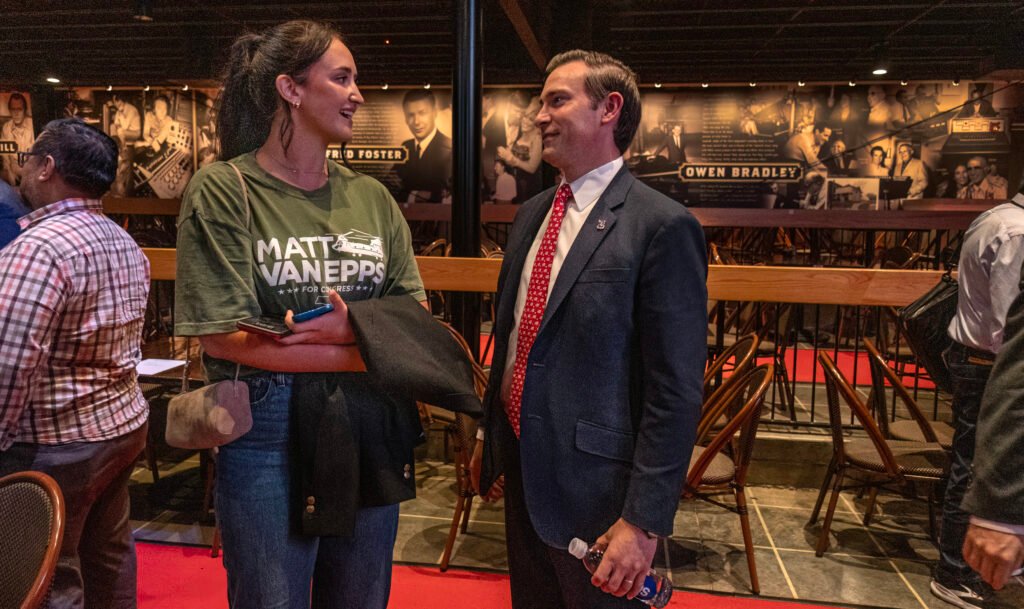Last week, I discussed the need for immigration reform, and I was surprised by how many readers agreed, asserting that current policies are impacting workers more than criminals and harming California’s economy.
At first, I was a bit cynical about the situation, questioning if there was any hope for bipartisan efforts after the failures of 2006 and 2014. It seemed, I thought, that such dynamics made any progress nearly impossible in today’s political climate.
But the more I pondered it, perhaps it’s worth considering what a reworked federal immigration law might look like. And, surprisingly, President Trump kept coming to mind.
The ongoing raids and threats to deport thousands daily have, in fact, adversely affected Trump’s economic goals and lessened his appeal among Latino communities. Restaurants are struggling, construction projects are delayed, and crops are left to rot. The promised focus on violent criminals has shifted into what many see as a harsh and costly approach.
I wouldn’t wager on Trump’s ability to navigate these troubles, but there are hints he might be softening his stance. Some Republicans, including state Sen. Suzette Martinez Valadales from California, have reached out to him urging a shift towards focusing on reform rather than simply deportation.
In her message to Trump, Valadales emphasized the importance of targeting criminals for deportation, highlighting the need for immigration policies that support a robust economy while ensuring secure borders and safe communities.
In July, bipartisan lawmakers, led by Sen. Rosilicie Ochoa Bogh, echoed these sentiments, advocating for expedited work permits for undocumented immigrants, particularly those in vital industries like agriculture. She remarked on the significant contributions these workers provide, irrespective of their immigration status.
Ochoa Bogh herself shares a personal connection to the issue, noting her grandfather’s experience as a guest worker, which illustrates how immigration reform impacts families and communities. If Trump were to visit her district, she would gladly invite him to meet her relatives, including business owners and essential workers.
“We don’t want to enable undocumented residents to stay, but we really need a work permit system that meets both employer and employee needs,” she insisted.
Surveys convey a similar mixed sentiment across the U.S. regarding immigration, with varying opinions along party lines. Recent polls show a significant portion of the population supports paths to citizenship, particularly for those brought to the U.S. as minors.
Looking forward, the bipartisan Dignity Act introduced this year proposes legal status for long-term residents with a clean record who have contributed to society and the economy.
Victor Narro from UCLA remains skeptical about immediate reforms but emphasizes the necessity of ongoing advocacy, reflecting on historical precedents whereby nations, like Germany, had to adapt to labor shortages with guest worker programs.
Ultimately, it’s about finding a way to bridge divides. Ochoa Bogh observed the complexities of the immigrant narrative, sharing that while she received support for her letter to Trump, some criticized the focus on undocumented workers. Yet, she stressed that many job sectors are struggling due to a local labor shortage.
So, where does that leave us with immigration reform? Currently, not in a great spot. But perhaps the more pressing question is: why is that the case?







